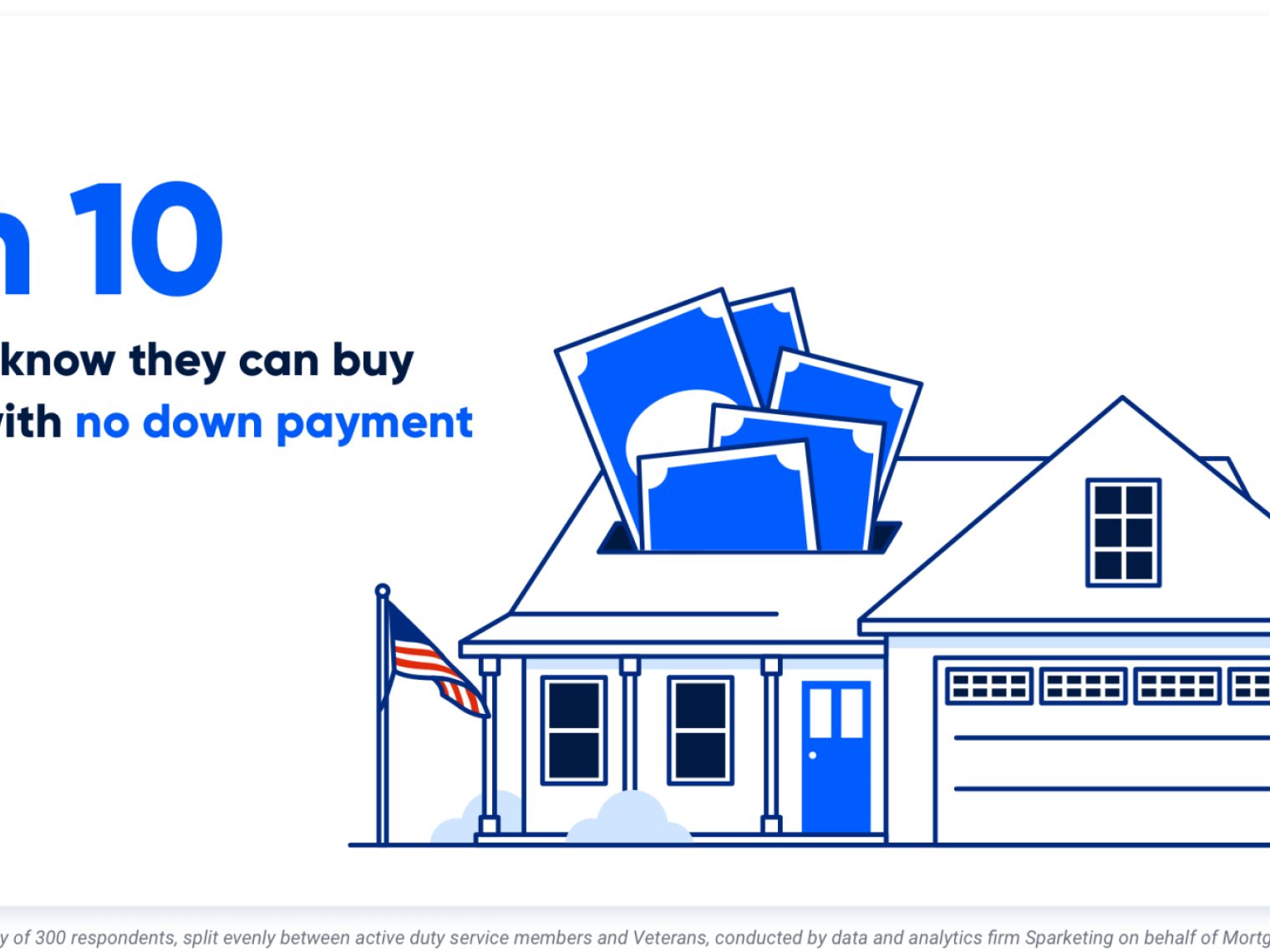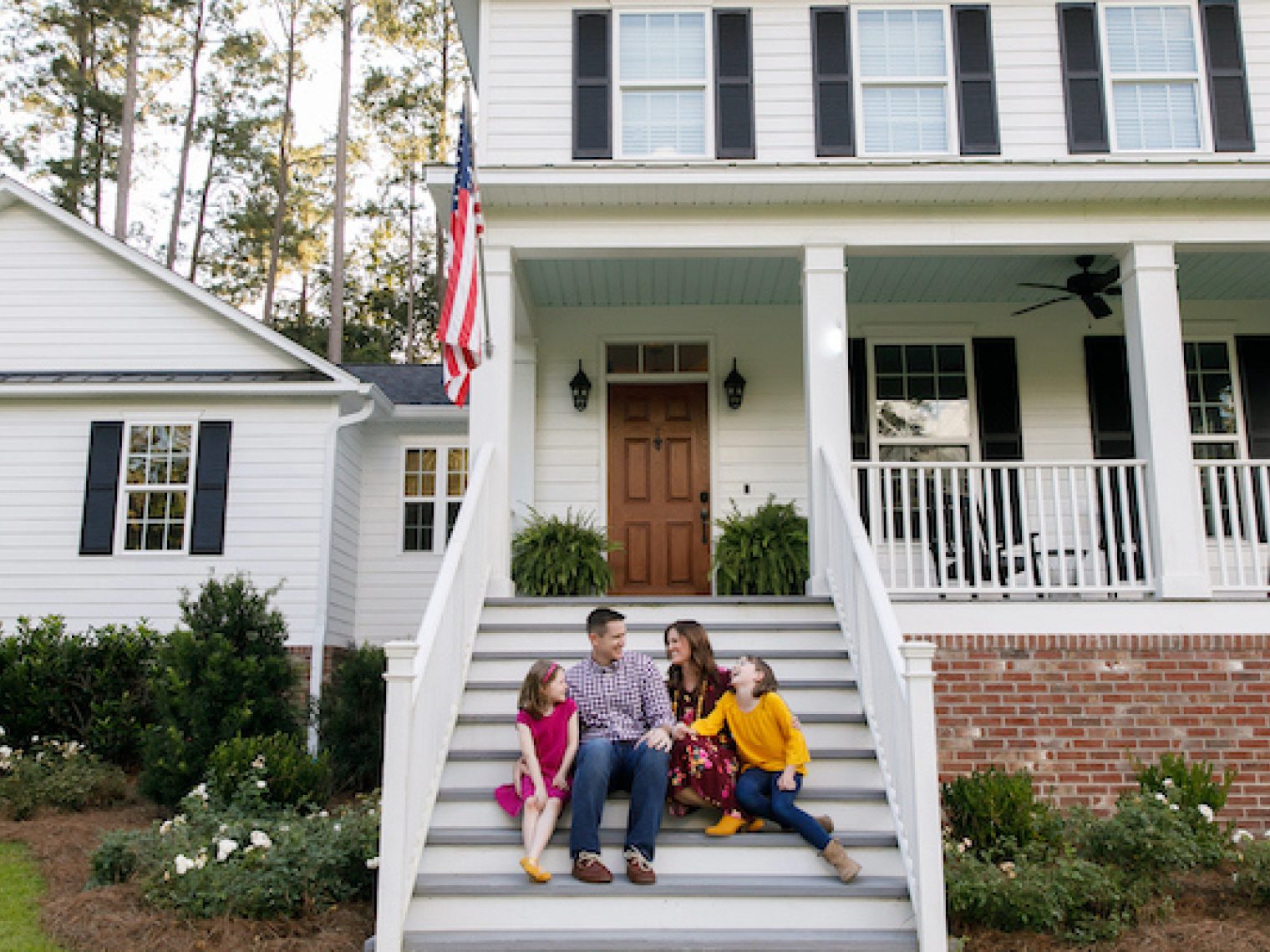It can be easy to overlook the minor details when preparing your home for sale, but knowing proper open house etiquette is important, even in a seller’s market. A competitive market doesn’t mean buyers are willing to overlook glaring issues. In fact, buyers may be even more picky due to rising prices, and anything you overlook is a potential item they can use to negotiate a lower home price.
To ensure your open house goes without a hitch, we'll guide you through the preparation process and provide 11 expert tips to make sure everything goes smoothly.
How to Prepare for an Open House
An open house is a common practice used by sellers and agents where potential buyers can come and view the home at an advertised time and date. An open house is important because it helps potential buyers get the best possible feel for the space and the surrounding area.
Giving buyers an honest impression of the space means presenting your home in the best shape possible, which is why getting started early is important.
Here are four ways that you can start preparing for an open house even months in advance:
Address Minor Repairs
Hopefully by the open house stage, you’ve addressed any large repairs before you or your realtor decided the listing price. That being said, it can be difficult to determine what you should fix before selling.
Even if you only have a week before your open house, any minor improvement is typically worth the investment. If your home needs a lot of fixes, the buyer is likely to try and negotiate repairs, which means a lower selling price. So, attend to those leaky faucets, squeaky doors or chipped paint.
Improve Your Curb Appeal
When a house lacks curb appeal, it's harder to get buyers in the door because they assume that an unkempt exterior indicates poor upkeep of the interior.
"Everybody wants to be proud of where they live," says Sonny Lee, owner of Sierra Vista Home Selling Team in Sierra Vista, AR. "It needs to look like the landscaping is manicured and that the upkeep on the house is in good condition."
Depending on the condition of your property, this may mean hiring professional landscapers, removing a rusted basketball net and other eyesores or giving the front door a fresh coat of paint.
Oil stains from a dripping car in the driveway or garage are another potential turn-off to buyers. Fortunately, Lee adds, home improvement stores sell a variety of products for cleaning concrete.
Depersonalize the Home
Family photos, oversized furniture and knickknacks can make your home appear cramped and may make it difficult for buyers to picture themselves in the space.
"You've got to take off the wall anything that has any indication of the religion you belong to, awards you've won," Lee says. You may be proud of your things like your gun collection but those may not appeal to a broader group of buyers, so store those items along with extra furniture while your house is being shown.
In place of family photos or other personal items on the wall, Karyn Anjali Glubis, a real estate agent with over 20 years of experience, suggests putting up framed pictures that are neutral and non-offensive. "If it's Florida, I recommend the beach," she says. "If it's the Smoky Mountains, I recommend the mountains."
Remove Over-Customization
Customizations like turning a spare bedroom into a craft room or painting a red accent wall don't always appeal to buyers.
Lee advises sellers to repaint in a more neutral color because "it feels like it's newer and gives a fresh smell. It's a cleaner, sharper look."
It all depends on how you've marketed the property. If you've marketed it as a five-bedroom house, it should show as a five-bedroom house. That may mean bringing the room back to its original purpose so buyers can picture themselves using the space.
When should the house be cleaned and staged?
After you’ve addressed home repairs and decluttering, cleaning and staging are next on the list. Your timeline will entirely depend on the condition of your home and the time you have available to set up. Your real estate agent can help guide you through the necessary steps before it's time for the open house.
If you’re working with an agent, they should handle the majority of the staging. When it comes to cleaning, dedicating some extra time or hiring help might be a very worthwhile investment.
Open House Tips and Etiquette
A variety of factors can prevent buyers from making an offer, but the last thing you want is something small and easily fixable keeping them away. Here are 11 open house tips to ensure your property shines its brightest and attracts potential buyers.
1. Host on the Weekend
Saturdays and Sundays are the most popular times to host an open house, but if you’re looking to get the most potential buyer traffic in your home, then Sunday afternoons are often the way to go.
Just avoid scheduling on holiday weekends and during big events like sports time slots.
2. No Scent is the Best Scent
In a 2019 study taken across four countries, more than 30 percent of people reported having fragrance sensitivity. From pets to a particularly fragrant batch of curry, strong smells can scare away potential buyers, especially those with allergies.
Some people recommend the smell of freshly baked cookies to counteract other odors, but Glubis suggests going neutral and eliminating smells altogether.
“You never know who's coming to look at your house. Some buyers might get overwhelmed by the smell of things baking. I make a point of not showing properties around mealtime.”
3. Remove Evidence of Pets
Pets may be sweet and loveable, but they can also lead to damage and odors. Many potential buyers will run in the opposite direction if there’s evidence that pets have lived in a home.
Make sure to remedy any signs of pet damage and remove pets from the home during open houses. Glubis recommends using carpet cleaner or pet deodorizer to remove pet smells. For stronger odors like cat urine, you may need to have the carpets professionally cleaned or replaced.
4. Give Your Neighbors a Heads Up
When neighbors are aware of your open house, they’re usually more inclined to keep their front lawn tidy and appealing, which can enhance the overall attractiveness of the neighborhood.
Neighbors might also have friends or family who are interested in moving to the area, and they could spread the word about your open house. This could potentially increase foot traffic and attract more potential buyers.
5. Clean Out Closets
Closet size is a touchy issue for many buyers, so there’s a good chance that at least one closet will be scrutinized during an open house. Amplify the appearance of storage space by minimizing closet contents and keeping them tidy.
6. Highlight the Entryway
A home’s entryway sets the tone for the rest of the house. Give the right first impression by removing dead plants and debris, removing cobwebs, scrubbing dirt from the front door or flooring and adding a decorative touch with a wreath or accent chair. This will get buyers to smile at the outset, and that positivity will carry through the rest of the tour.
7. Turn On the Lights
Experiment with lighting before your open house. Rooms typically appear larger in brighter light, so try opening shades and curtains and turning on different sources of light to accentuate a home’s best features.
8. Provide Handouts
Digital information rules, but agents should give potential buyers as much printed information as possible. There’s something about tangible, physical information that sticks with a buyer and could later encourage a sale or referral.
9. Consider Refreshments
Offering light refreshments such as water, coffee or cookies can make visitors feel welcome and encourage them to linger longer.
10. Secure Your Valuables
While most visitors to an open house are genuine buyers, securing any valuables or personal items that could easily be taken is important. Remove these items from your home or place them in a secure area like a locked safe to keep them out of harm’s way.
11. Be Safe
Your personal safety is more important than any other factor of hosting an open house. Stay vigilant by keeping track of all the buyers who enter, and trust your instincts. Don’t sacrifice your security for the sake of appearing “nice” or “approachable.”
Answer a few questions below to speak with a specialist about what your military service has earned you.
How We Maintain Content Accuracy
Veterans United often cites authoritative third-party sources to provide context, verify claims, and ensure accuracy in our content. Our commitment to delivering clear, factual, and unbiased information guides every piece we publish. Learn more about our editorial standards and how we work to serve Veterans and military families with trust and transparency.
Related Posts
-
 VA Loan Down Payment RequirementsVA loans have no down payment requirements as long as the Veteran has full entitlement, but only 3-in-10 Veterans know they can buy a home loan with zero down payment. Here’s what Veterans need to know about VA loan down payment requirements.
VA Loan Down Payment RequirementsVA loans have no down payment requirements as long as the Veteran has full entitlement, but only 3-in-10 Veterans know they can buy a home loan with zero down payment. Here’s what Veterans need to know about VA loan down payment requirements. -
 5 Most Common VA Loan Myths BustedVA loan myths confuse and deter many VA loan borrowers. Here we debunk 5 of the most common VA loan myths so that you can borrow with confidence.
5 Most Common VA Loan Myths BustedVA loan myths confuse and deter many VA loan borrowers. Here we debunk 5 of the most common VA loan myths so that you can borrow with confidence.


